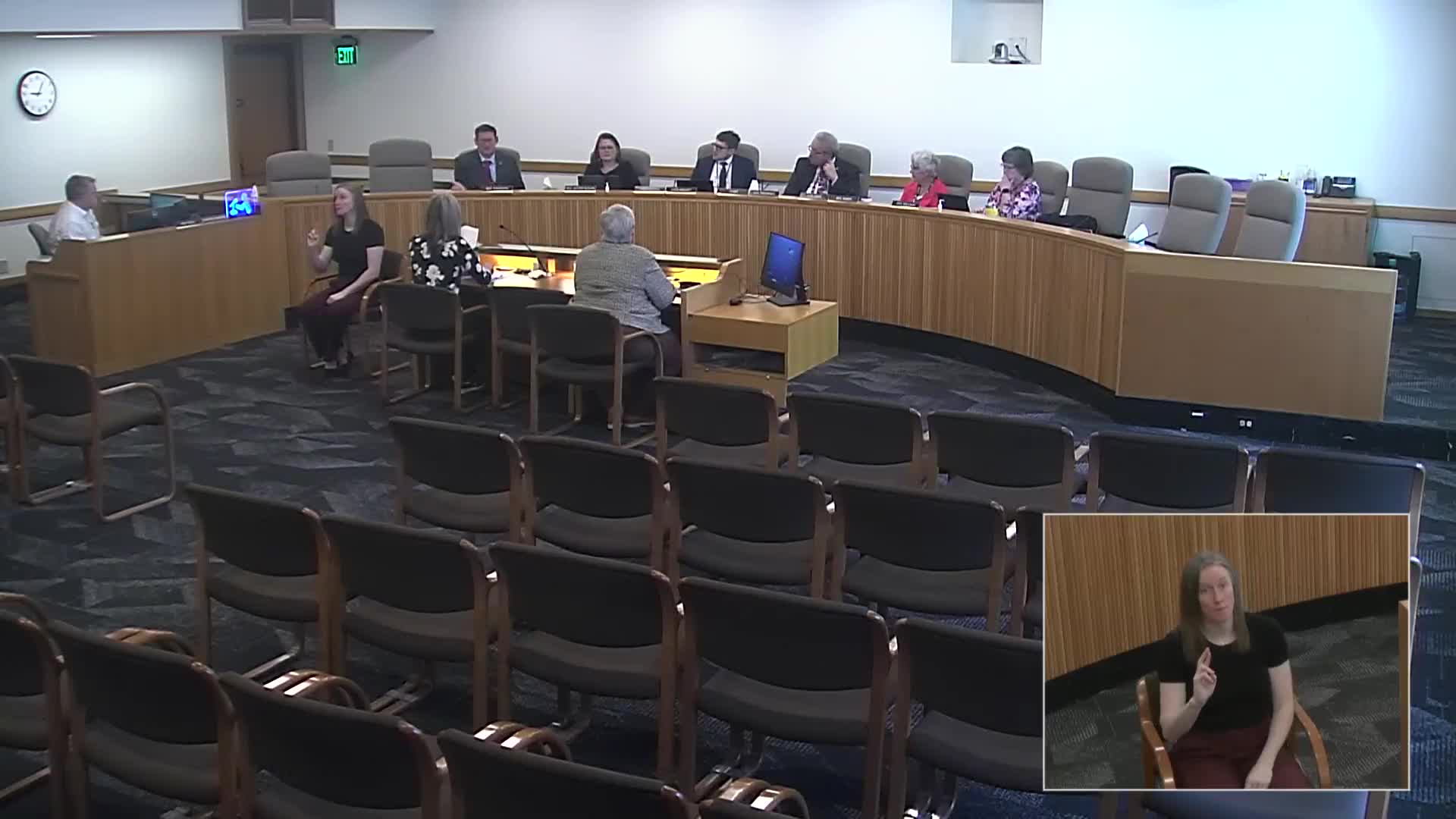Senate hearing backs creating Oregon Campus Resilience Consortium to coordinate higher‑education emergency response
Get AI-powered insights, summaries, and transcripts
Subscribe
Summary
Senate Bill 2‑31 would appropriate $1.526 million to establish a statewide consortium for higher‑education emergency response, continuity and recovery. Supporters cited lessons from campus shootings, disease outbreaks and natural disasters; bill sponsors and witnesses asked for seed funding to stand up training, mutual aid and online resources.
Senate Bill 2‑31 would appropriate $1,526,167 from the general fund to create an Oregon Campus Resilience Consortium to support emergency response, continuity and recovery at postsecondary institutions. A dash‑1 amendment described in committee testimony changes the recipient to the University of Oregon’s Institute for Resilient Organizations, Communities and Environments to establish the Oregon Disaster Resilience Consortium; the measure declares an emergency and would take effect July 1, 2025.
Senator James Manning Jr., who introduced the bill, said higher‑education institutions “need a unified coalition” to share training and resources following incidents ranging from infectious outbreaks to campus shootings and large natural disasters. Andre LaDuke, director of the Institute for Resilient Organizations, Communities and Environments at the University of Oregon, described the proposal as seed funding to establish statewide training programs, mutual‑aid agreements, campus‑specific outreach materials and an online resource‑sharing center for higher‑education emergency management.
Vanessa Becker, former board chair at Umpqua Community College, recounted the college’s 2015 shooting and said coordinated, campus‑to‑campus support was critical in the first 72 hours after the attack. Becker said the University of Oregon team’s rapid presence helped the college manage FERPA and financial‑aid complications, mobilize executive support and reduce long‑term chaos.
LaDuke described national surveys showing many campuses lack updated emergency plans and continuity training; he said the consortium would leverage in‑kind contributions, service‑learning and grant seeking to sustain the effort after initial seed funding. Committee members expressed support and noted the statewide benefits of a coordinated higher‑education response for public safety and recovery, but the committee did not take a vote at the hearing.
Ending: Sponsors and witnesses asked the committee to consider the appropriation as startup funding to build regional capacity and mutual aid across community colleges, public universities and private institutions; no vote was taken at the March 26 hearing.
